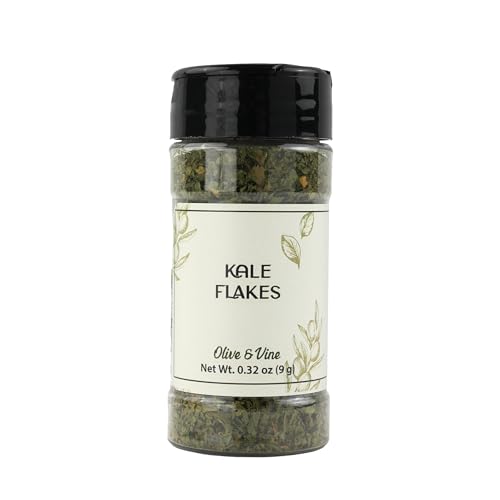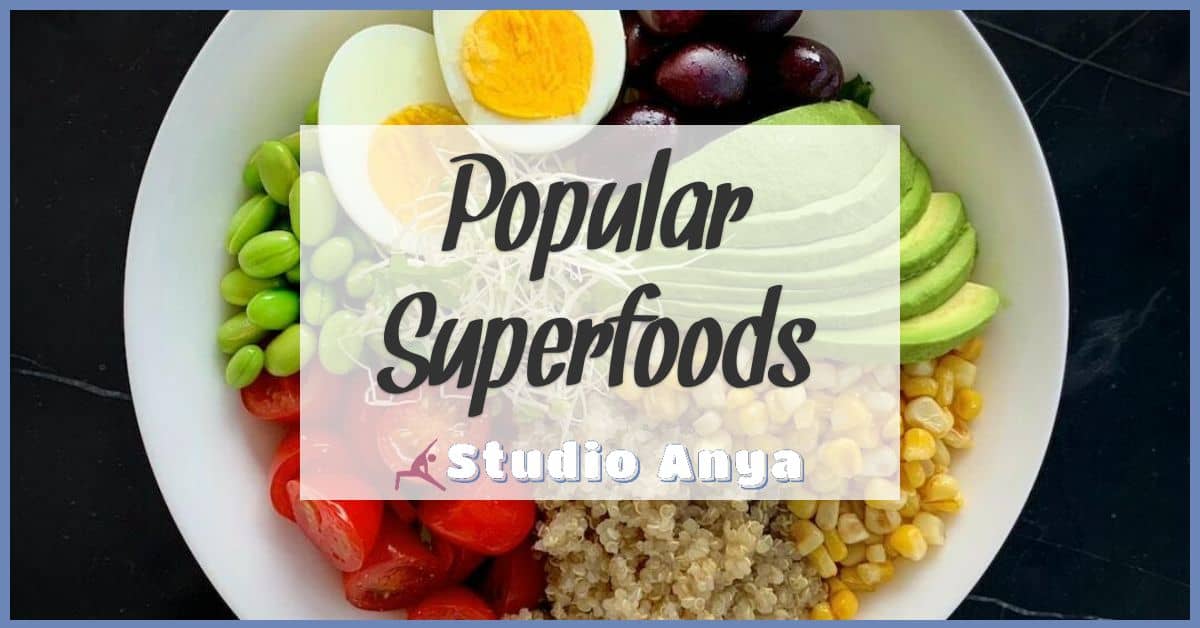I’ve always been fascinated by how our bodies turn the food we eat into energy and nourishment. It’s easy to take for granted, but behind every bite lies a complex system working hard to keep us healthy. At the heart of it all is the gut, a powerhouse that breaks down what we consume and absorbs the nutrients we need to thrive.
Your gut’s role isn’t just about digestion—it’s about fueling every cell in your body. From vitamins and minerals to proteins and fats, the gut knows exactly how to sort through the good stuff and send it where it’s needed most. It’s like having a personal nutrition expert working around the clock.
Overview Of Nutrient Absorption
The process of nutrient absorption transforms the food we consume into energy and essential building blocks for health. This occurs primarily in the small intestine, where most nutrients are absorbed after digestion. The small intestine’s lining contains villi and microvilli, tiny structures that increase surface area and enhance nutrient uptake. This efficiency ensures our bodies receive the nourishment they need.
Macronutrients—carbohydrates, proteins, and fats—break down into smaller components. Carbohydrates become simple sugars like glucose, proteins convert into amino acids, and fats are emulsified into fatty acids and glycerol. Once broken down, these components pass through the intestinal wall into the bloodstream, fueling vital functions. Fiber, though not absorbed, plays a role in gut health by supporting digestion and promoting healthy gut bacteria.
Micronutrients like vitamins and minerals also depend on this process. Fat-soluble vitamins (A, D, E, K) need dietary fats for absorption, while water-soluble ones (C, B) dissolve directly in water and enter the bloodstream. Minerals like calcium and magnesium rely on specific transport mechanisms to cross into the body. Balanced meals that combine these elements improve the gut’s ability to absorb them efficiently.
Hydration impacts nutrient absorption as well. Dehydration reduces the effectiveness of digestion and nutrient breakdown. I always encourage my clients to sip water regularly and include water-rich foods like fruits and vegetables in their diets. A hydrated body supports a well-functioning gut and mind.
The Anatomy Of The Digestive System
The digestive system is an extraordinary network that transforms food into the energy and nutrients our bodies thrive on. Understanding its structure is key to nurturing a healthier relationship with food, energy, and overall well-being—a focal point in yoga and mindful living.
Key Organs Involved In Absorption
Nutrient absorption centers around specific organs, each playing a unique role in sustaining our vitality. The stomach begins by breaking down food into a semi-liquid form called chyme. As chyme moves to the small intestine, the real magic happens. Approximately 90% of nutrient absorption occurs here, driven by the presence of villi and microvilli.
The liver and pancreas complement this process. The liver produces bile, which helps digest fats, while the pancreas releases enzymes like lipase, amylase, and protease to break down macronutrients. The large intestine absorbs water and electrolytes, forming waste for elimination, while beneficial gut bacteria contribute to overall digestive health.
Importance Of The Gut Lining
The gut lining acts as a gatekeeper, protecting us while allowing nutrients to enter the bloodstream. A healthy gut lining ensures efficient nutrient transfer, preventing harmful substances from leaking into the body—a condition commonly known as leaky gut. When I guide my yoga students, I often advise them to focus on a diet that supports the gut lining, such as one rich in fiber, fermented foods, and probiotics.
Mindful breathing and meditation also reduce stress-induced inflammation, which can harm the gut lining. Through balance and intentional living, we create an internal environment that nurtures optimal digestive health.
The Process Of Nutrient Absorption
When we nurture our bodies with wholesome food, the gut works seamlessly to transform it into usable energy and nourishment. This process reflects balance and harmony—core principles of both yoga and nutrition.
Breakdown Of Macronutrients
Macronutrients—carbohydrates, proteins, and fats—break down into essential building blocks before absorption. Enzymes and bile support this phase. Carbohydrates transform into simple sugars like glucose, providing quick energy. Proteins break into amino acids, carrying out repair and growth. Fats become fatty acids and glycerol, nourishing cells and supporting hormone production.
The small intestine’s villi and microvilli are central to absorption, as they maximize nutrient uptake. With steady breathwork and mindfulness during meals, the body supports digestion, enhancing this process.
Absorption Of Micronutrients
Micronutrients—vitamins and minerals—enter the bloodstream through distinct mechanisms. Fat-soluble vitamins (A, D, E, K) rely on fats for absorption, while water-soluble vitamins (C, B-complex) dissolve in water. Minerals like calcium and magnesium require active transport or binding proteins to pass through the gut lining effectively.
Balanced, nutrient-dense meals and hydration promote this absorption. Fermented foods like yogurt or kimchi can strengthen gut flora, ensuring optimal vitamin and mineral uptake. I often remind clients to pair conscious eating with yoga and meditation to calm the gut’s inflammatory responses while nurturing a well-functioning digestive system.
Factors Affecting Nutrient Absorption
Efficient nutrient absorption depends on several factors, including gut health and daily choices. As someone deeply passionate about guiding others toward healthier lifestyles through yoga and mindful practices, I find these factors essential to maintaining balance in the body.
Role Of Gut Health
A healthy gut plays a central role in how well nutrients are absorbed. The intestinal lining, with its villi and microvilli, creates a surface rich in enzymes and transporters designed to optimize nutrient uptake. However, imbalances, such as dysbiosis or inflammation, can hinder this process. I’ve seen through experience with clients that strengthening gut health starts with nourishing the microbiome. Probiotic-rich foods like yogurt, kefir, and fermented vegetables help maintain a balance of beneficial bacteria, which aids digestion and supports immune function. Incorporating mindfulness practices, like meditation, can also help reduce stress. Stress, as I’ve noted, can harm gut health by weakening the gut lining and altering digestion.
Impact Of Diet And Lifestyle
Nutrient absorption improves when meals are balanced and intentionally chosen. A diet including diverse whole foods ensures access to macronutrients and essential vitamins. For instance, pairing fats with fat-soluble vitamins (like A, D, E, and K in avocado or olive oil) enhances their absorption. As a yoga teacher, I am aware of how certain lifestyle factors affect digestion and nutrient intake. Eating mindfully, which involves slowing down, chewing thoroughly, and avoiding distractions, gives the body the time to break down food effectively.
Hydration is equally vital; water aids nutrient absorption in the cells and maintains a smooth digestive process. I always encourage my clients to begin their day with warm lemon water, which stimulates digestion. Supporting digestion with movement, such as twists and stretches during yoga, can also boost circulation to digestive organs, enhancing nutrient transportation.
Improving Nutrient Absorption
Absorbing nutrients efficiently isn’t just about eating the right foods—it’s about supporting the body and mind with intentional practices. I believe combining conscious consumption with mindful habits strengthens one’s gut and overall health.
Foods That Promote Gut Health
Including gut-friendly foods in your diet boosts nutrient absorption. Fermented foods like kimchi, sauerkraut, and yogurt provide probiotics that nourish gut bacteria, enhancing digestion and assimilation. High-fiber foods like oats, lentils, and leafy greens support gut motility, helping nutrients get absorbed more effectively. Adding healthy fats, such as avocado, olive oil, and nuts, aids in the absorption of fat-soluble vitamins, like A, D, E, and K.
Fresh fruits, particularly papaya and pineapple, contain natural enzymes like papain and bromelain that assist protein breakdown. Ginger and turmeric calm inflammation in the gut lining, improving its ability to absorb nutrients. I always recommend choosing whole, unprocessed foods to minimize the strain on your digestive system.
Habits To Enhance Absorption Efficiency
Chewing food thoroughly breaks it into smaller particles, making digestion easier and nutrient extraction more effective. I encourage clients to eat mindfully, focusing on every bite to allow the body to activate its full digestive capacity. Deep breathing before meals calms the nervous system, reducing stress and optimizing digestion.
Post-meal movement, like a gentle yoga sequence or a 10-minute walk, promotes blood flow to digestive organs. Staying hydrated by drinking water throughout the day keeps the intestinal environment optimal for nutrient transport. I find starting the day with warm lemon water or herbal tea invigorates digestion for better efficiency.
Creating a consistent eating schedule trains the gut to perform at its best, while avoiding overeating prevents digestive overload. Incorporating meditation into your day further reduces stress-induced inflammation, cultivating harmony between your body and mind for superior nutrient absorption.
Conclusion
Our gut is truly remarkable, working around the clock to nourish and energize us. By supporting it with balanced meals, hydration, and mindful habits, we can help it function at its best. Small changes, like eating more fiber, enjoying fermented foods, or even practicing stress-relief techniques, can make a big difference.
Taking care of our gut isn’t just about digestion—it’s about fueling every part of our body and mind. When we prioritize gut health, we’re investing in our overall well-being.













